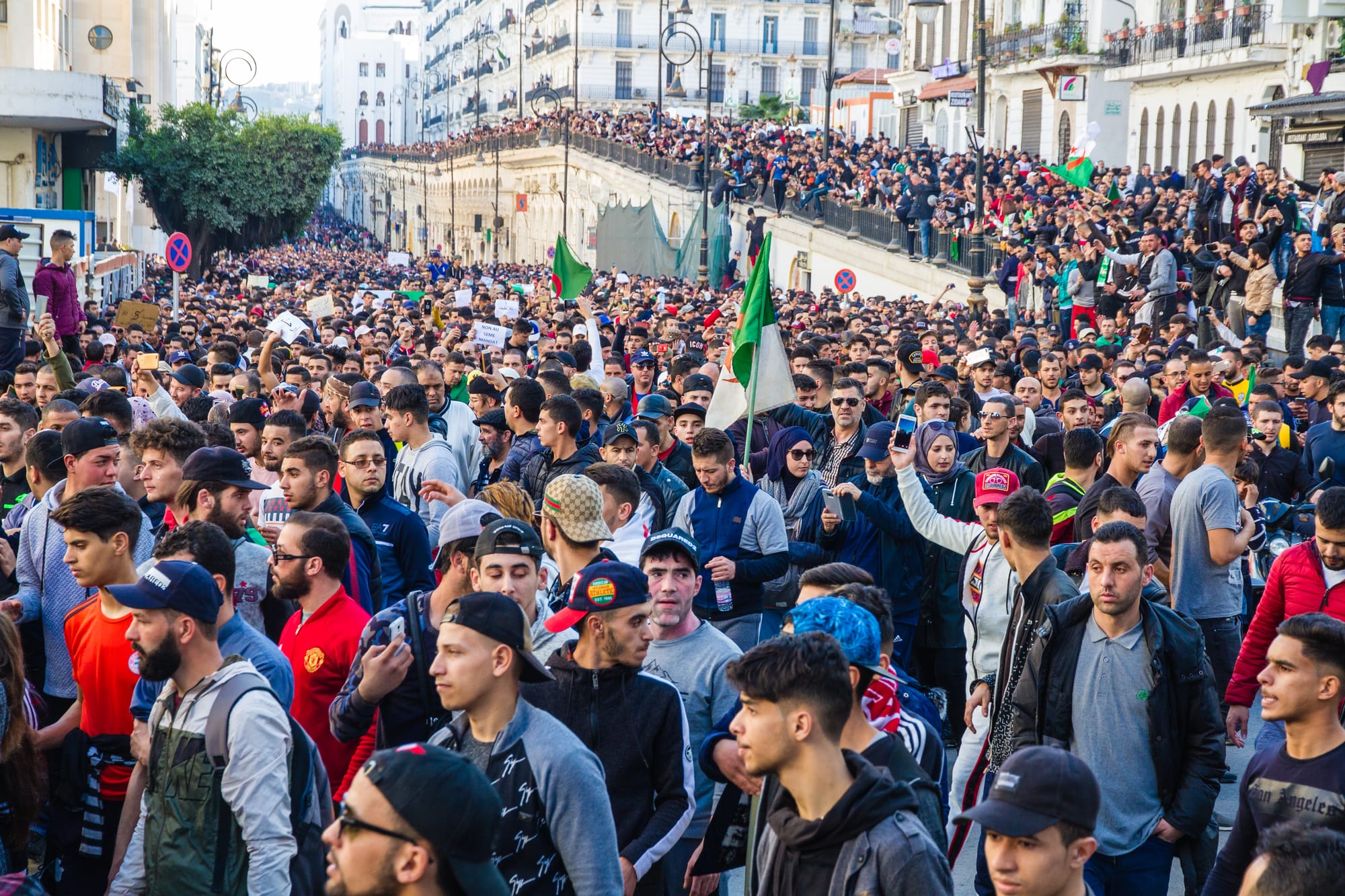Could nuclear energy one day power the Maghreb?
The Maghreb’s energy transition is a complex but critical journey towards sustainability and decarbonization as countries aim to meet

Algerian President Abdelmadjid Tebboune has replaced Prime Minister Aimene Benabderrahmane with a close personal ally. The announcement comes roughly a year ahead of national elections as Algeria grapples with high inflation.
The new appointee, 73-year-old lawyer and diplomat Nadir Labaoui, is being promoted from his position as head of President Tebboune's cabinet. He previously served as Algeria's ambassador to Egypt and the United Nations.
The replacement comes as no surprise. Benabderrahmane, who has been Prime Minister for only two years has been blamed for Algeria's economic difficulties, most notably the escalating cost of essential food products. Algeria is far from alone in having to battle inflation. The global impact of the coronavirus pandemic and the conflict in Ukraine has triggered widespread price rises across the world.
A month prior to the reshuffle, President Tebboune indicated his discontent with the prime minister's leadership by appointing several new presidential advisors. In October, Tebboune also replaced the head of Algeria’s state-run oil and gas company, Sonatrach.
The nation's oil and gas revenues have played a crucial role in supporting the government during challenging economic times. Exports have surged amid the Ukraine War as European nations seek alternatives to Russian natural gas. According to Sonatrach, oil and gas earnings hit a record 60 billion dollars in 2022 compared to 34 billion dollars in 2021.
The change in Prime Minister comes as Algeria gears up for its next presidential election scheduled for December 2024. Tebboune, at 78 years old, has not officially declared his intention to run for a second term, but with no clear contenders to replace him, he is widely expected to make a bid to stay in power.
In his first presidential campaign in 2019, Tebboune touted himself as the “people’s candidate”. He vowed to tackle corruption and improve economic outcomes for all Algerians, including the youth. At the time, the Hirak movement brought hundreds of thousands of young Algerians to the streets protesting for change after several decades of rule under President Abdelaziz Bouteflika.

Tebboune won but his victory came amidst low voter turnout and boycotts by younger Algerians who viewed him as being too closely aligned with Algeria’s military. Despite promises to release imprisoned protesters from the Hirak movement, Tebboune has faced persistent criticism for continued crackdowns on activists and demonstrators, raising questions about the future direction of Algeria under his leadership.
Sign up for the weekly newsletter and get our latest stories delivered straight to your inbox.